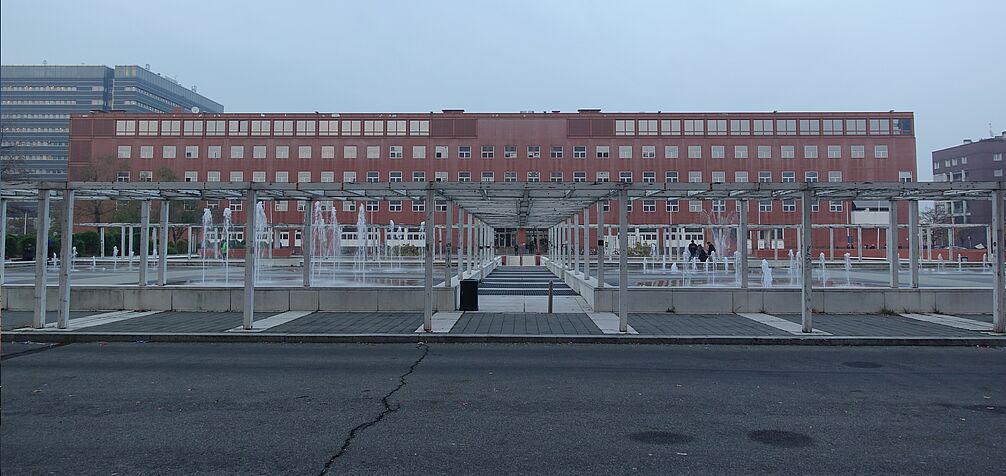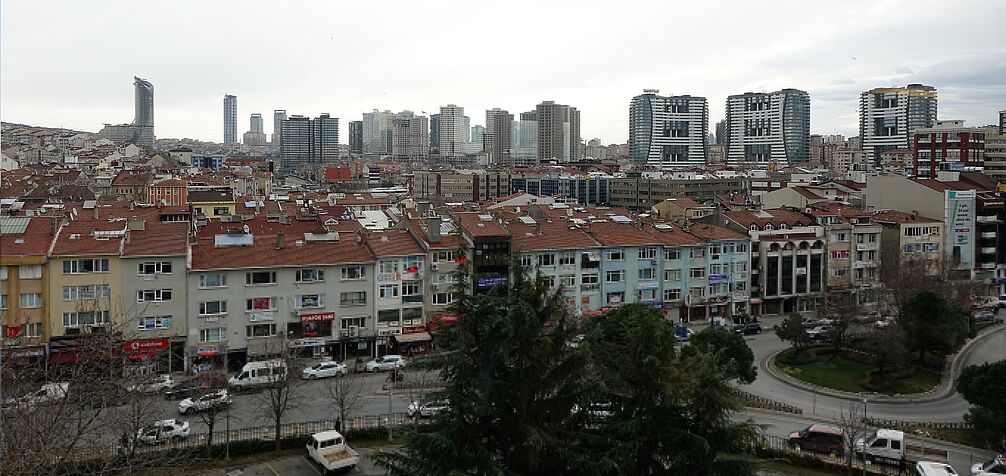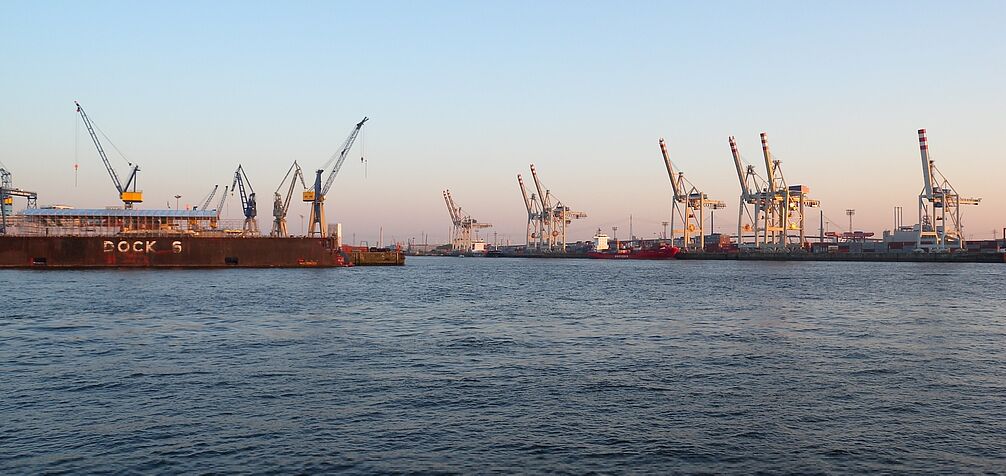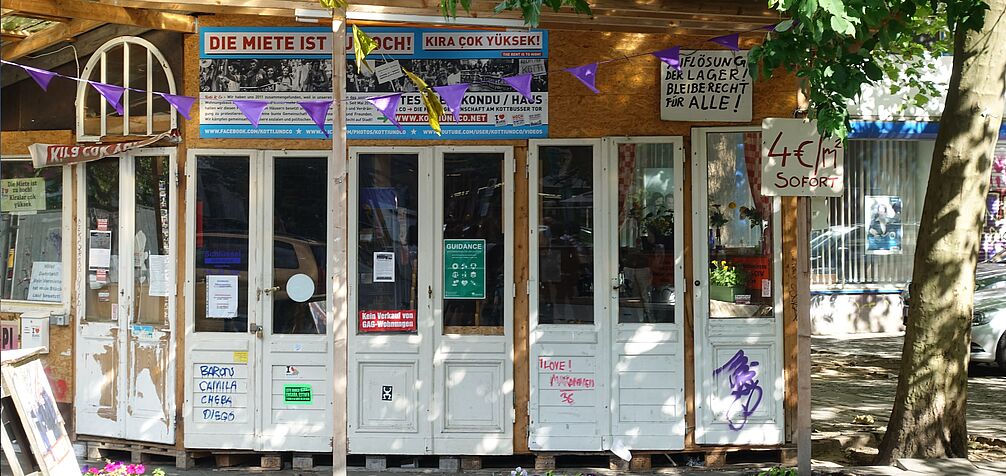Economy and Redistribution
Often depicted as the engines of economic growth (Logan and Molotch, 1987; Ward, 2000), cities contribute to almost 80% of the global gross domestic product (Global Commission on the Economy and Climate, 2018). Major cities, due to the high concentration of workers and businesses, constitute the backbones of national economies, “knowledge centres”, “incubators for innovation” (Brescia and Marshall, 2016: 1) and “magnets” attracting high-skilled workers (Hall, 2003: 3). However, the transition to a knowledge-based economy benefited urban areas in an uneven way, with some cities able to attract human resources and investment, create quality jobs and show high growth rates and levels of innovation, while others lag behind (van Winden et al., 2007). Acknowledging this tension, our research on economy and redistribution will be concerned with addressing two main questions. These recognise the embeddedness of cities in specific and redistributive welfare regimes, which co-defines the opportunity structures of cities.
Economy and Distribution
Main research questions
What impact has the shift towards the knowledge economy had on distributional patterns of resources? How do multilevel governance arrangements of different welfare regimes filter this change and with what impacts?




